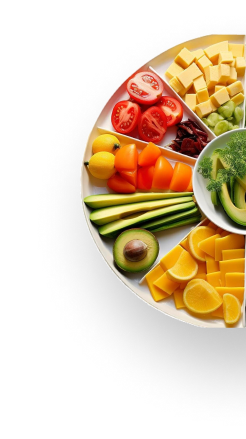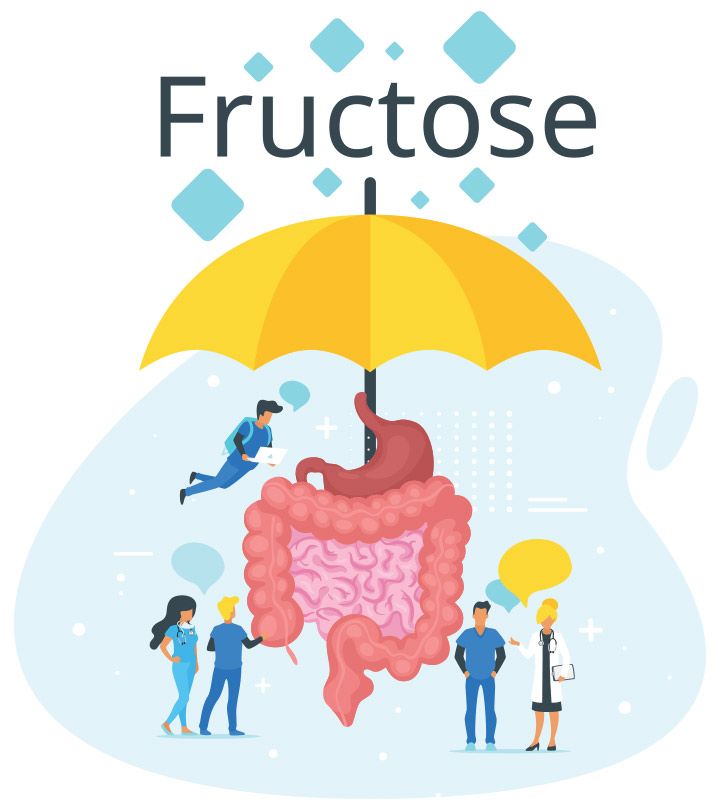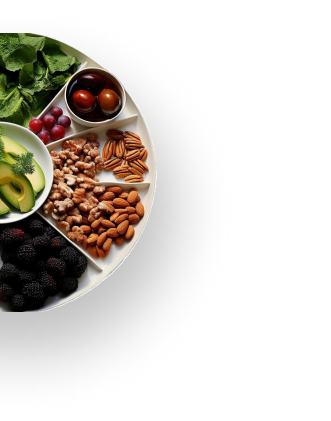Fructose intolerance


Causes
Fructose intolerance is often due to a deficiency in the enzyme fructose-1-phosphate aldolase. It can be inherited genetically or acquired due to damage to the small intestine.

Symptoms
Symptoms include abdominal bloating, diarrhea, and gas after consuming foods or beverages containing fructose.
Nutrition Intervention
Below is a comprehensive table of recommended and not recommended foods for each disease, providing clear guidance for optimal dietary choices.
| Group | Recommended foods | Not recommended foods | Restricted Foods |
|---|---|---|---|
| Dairy products | All dairies without added fruits and without sweeteners made from high fructose corn syrup. | Milk sweetened with fructose and yogurt with added fruit. | N/A |
| Fruits | Banana, kiwi, pineapple. | All other fruits. | N/A |
| Vegetables | Broccoli, brussels sprouts, cucumbers, green beans, okra, peas, zucchini, sweet red peppers, tomatoes. | Asparagus, leeks, onions. | N/A |
| Starch | Breads: cornbread, gluten-free breads and crackers, Pasta: rice noodles, gluten-free pasta products. | White bread, wheat-based products, pasta, wheat crackers. | N/A |
| Proteins | Meat, poultry, or fish (prepared without high fructose corn syrup). | Meat, poultry, or fish prepared with sauces. | N/A |
| Fat | All vegetable oils, margarine, and butter. | N/A | |
| Sugars | High fructose corn syrup, agave nectar. | N/A | |
| Others | Coconut milk, Fortified wines: sherry, port, soft drinks, Coffee creamers, Bottled teas and coffees with added sweeteners, all foods that use sorbitol as a nutritive sweetener or high fructose syrup. | N/A |